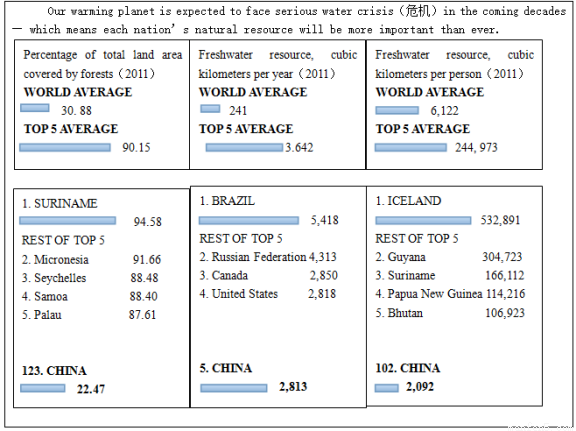0 135112 135120 135126 135130 135136 135138 135142 135148 135150 135156 135162 135166 135168 135172 135178 135180 135186 135190 135192 135196 135198 135202 135204 135206 135207 135208 135210 135211 135212 135214 135216 135220 135222 135226 135228 135232 135238 135240 135246 135250 135252 135256 135262 135268 135270 135276 135280 135282 135288 135292 135298 135306 151629
